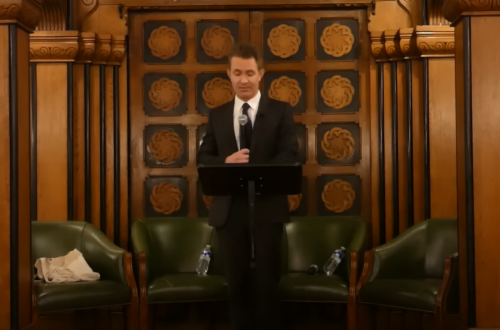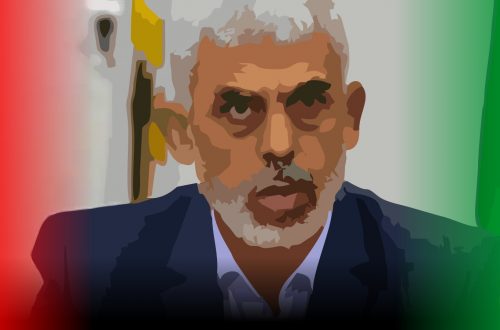This is a guest post by Marc the Muleteer
Lady Kinnock yesterday revealed that the Foreign Office must make savings of £110 million to cope with the weakness of the pound, savings that have already required cuts to be made. Most notably, she revealed that “counter-terrorism and radicalisation” programmes in Pakistan had suffered cuts: an announcement that provoked contrasts with Gordon Brown’s statement, delivered just hours earlier, that Pakistan was a “crucible of terrorism” and an immediateresponse from Shadow Foreign Secretary William Hague.
“Cutting FCO expenditure on counter-terrorism programmes in Pakistan because of the movement of exchange rates is clearly not the way to run an effective foreign policy.”
The immediate emphasis has been placed on the cuts to “counter-terrorism” whilst the counter-radicalisation cuts have gone without mention. The BBC, Guardian, Press Association andAgence France Press have all joined William Hague in leading on the FCO cutting back counter-terrorism programmes in Pakistan and leaving out counter-radicalisation programmes. Speaking earlier today in the House of Commons, Shadow Foreign Affairs Minister David Liddington MP launched a stinging attack on the government in which he repeated the phrase “counter-terrorism” constantly but did not mention “counter-radicalisation” once.
Counter-radicalisation is no less vital than its rather more glamorous sibling, counter-terrorism; it makes little sense to commit to fighting terrorists physically (counter-terrorism) without challenging and supporting the young people in Pakistan who are being encouraged to embrace the extremist ideologies which justify and inspire terrorism (counter-radicalisation).
Britain, as home to the next largest population of people with Pakistani heritage after Pakistan itself and Saudi Arabia, inevitably has a stake in Pakistan’s stability. Many British citizens have friends and family there and it is not uncommon for young Brits to travel to Pakistan to continue their secular or religious education. Furthermore, recent terror plots have shown Britain to be far from immune to threats from radicalised Pakistani students.
Pakistan is also a crucial ally of Britain and, in Afghanistan, the safety of British troops is dependent on the help they receive from the Pakistani army and intelligence service. An unstable Pakistan is an unstable ally and a threat to Britain’s national security. If Britain is to help remedy the volatile state Pakistan finds itself in now, challenging the radicalisation of the country’s future leaders is crucial.
On a related note, it is to Britain’s inglorious credit that British citizens have contributed to and exacerbated Islamist radicalisation in Pakistan. Back in 1999, British activists set up the Pakistani branch of global Islamist group Hizb ut-Tahrir, British citizens remain there promoting extremism in Pakistan today.
The debate about these cuts will doubtlessly continue apace, but the current emphasis on counter-terrorism rather than counter-radicalisation ignores a vital part of the issue.


